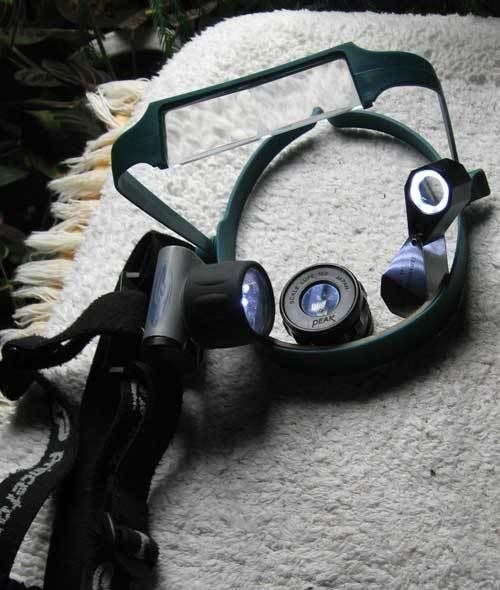I've read every single post on here, every word. And...I don't consider myself seasoned with chickens, yet I'm not a newbie, either.
I'm one of those folks who had respiratory issues and deciced to treat - mostly because I knew I could not cull. Some pulled through, some did not. I've since changed the way I believe respiratory illnesses should be dealt with.
That being said...for those of you who "cannot" cull - please, please, please consider finding a friend or neighbor who CAN do this for you. And if you can't, then you really oughtn't have poultry.
I'm one of those folks who had respiratory issues and deciced to treat - mostly because I knew I could not cull. Some pulled through, some did not. I've since changed the way I believe respiratory illnesses should be dealt with.
That being said...for those of you who "cannot" cull - please, please, please consider finding a friend or neighbor who CAN do this for you. And if you can't, then you really oughtn't have poultry.





